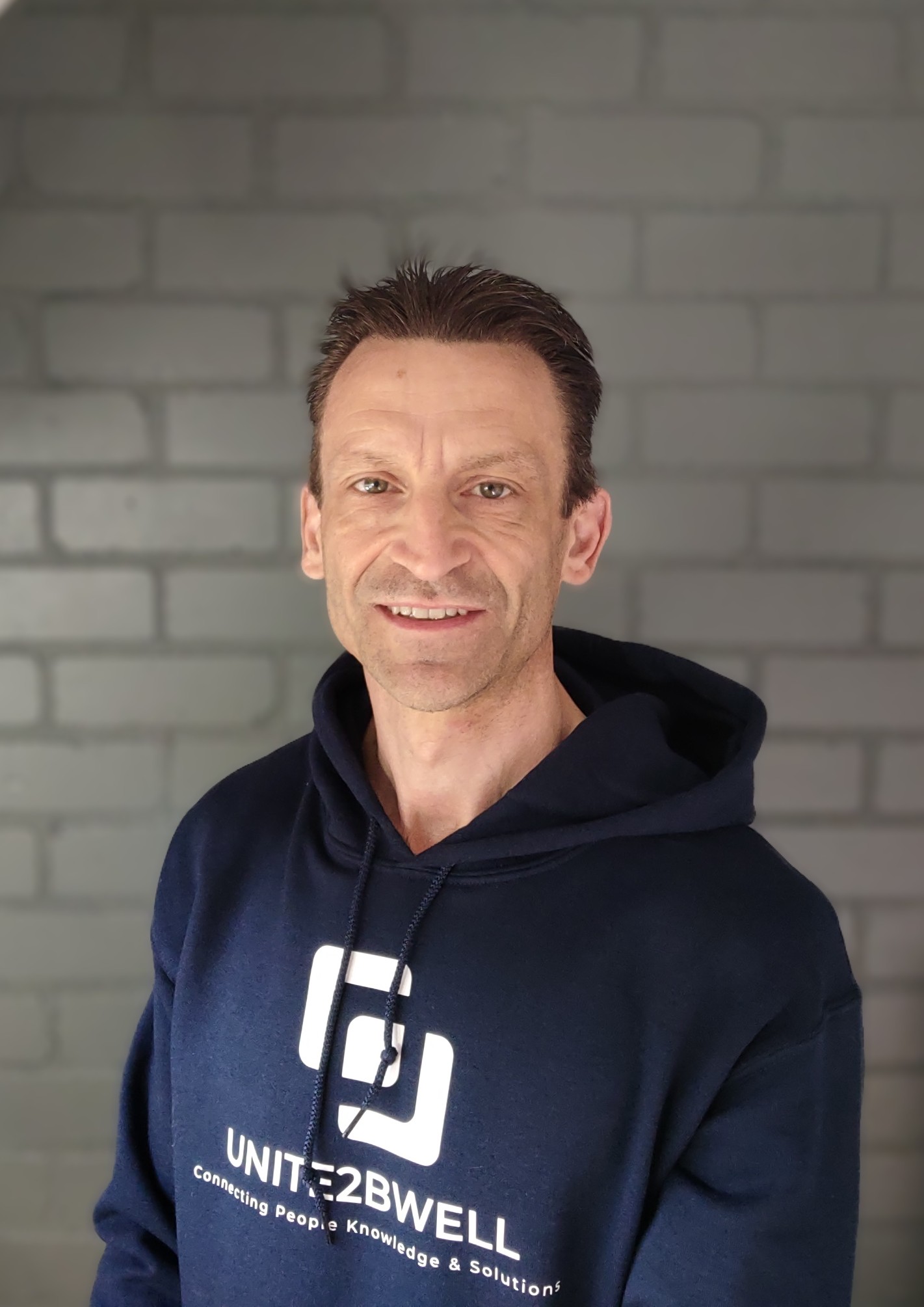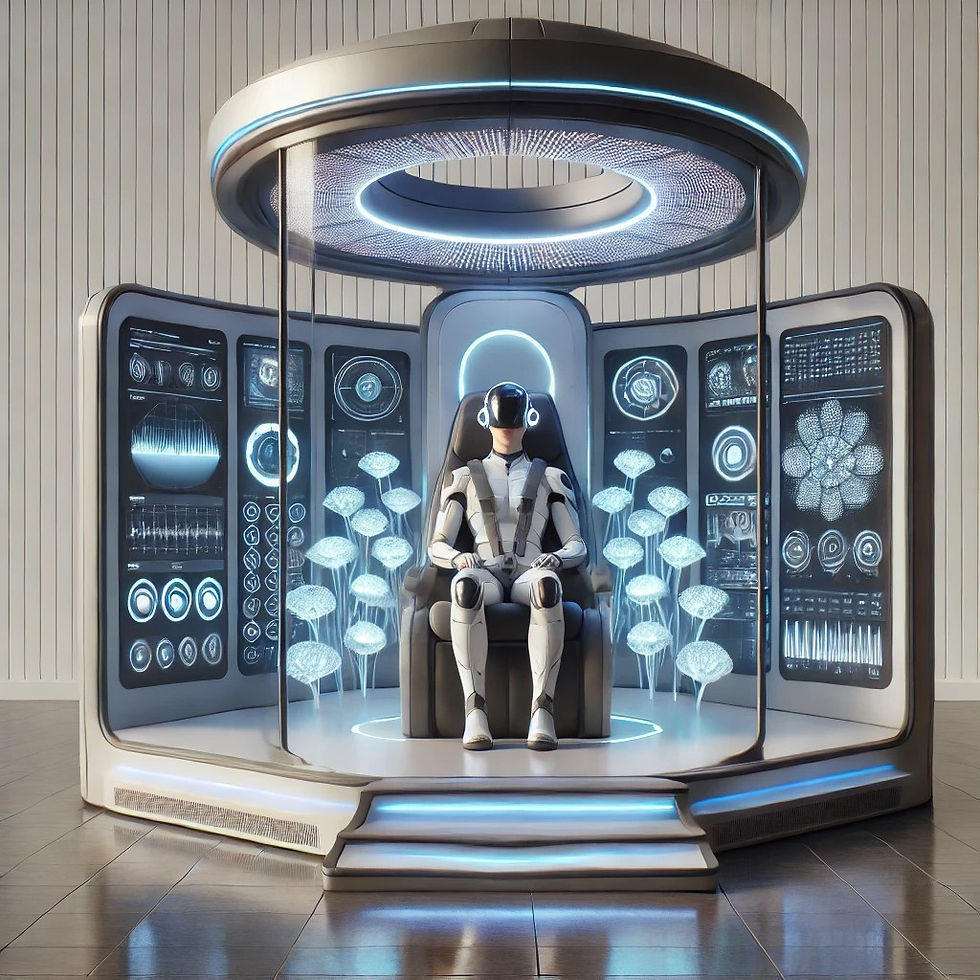The Resilience Pod: A New Approach to Mental Well-being
- Unite2bwell

- Nov 24, 2024
- 2 min read

In an era where constant demands and uncertainty shape our daily lives, the need for resilience has become more essential than ever.
The continuous pressures of leadership, work, and personal life, demand mental toughness. But what if we could proactively build mental fitness, just as we do with physical health?
This is where the idea of a resilience pod comes in. This isn’t about replacing human intervention or therapy; it’s a preventative tool to help us strengthen our mental resilience before we reach our breaking point.
Much like gyms are used to enhance physical fitness, the resilience pod would serve as a proactive mental fitness platform.
The Resilience Pod: A Vision for Mental Fitness
Imagine a machine designed to help you train your mind, enhancing focus, emotional regulation, and decision-making. The resilience pod would include features like:
Neural sensors to monitor brain activity and stress.
Interactive challenges to build problem-solving and emotional control.
Mindfulness exercises to restore balance and promote mental clarity.
The pod’s goal wouldn't be to replace therapy but to give us the tools to prepare mentally for adversity before it strikes. Think of it as a preventative measure, just as we train our bodies to stay strong, why not train our minds to manage resilience?
Addressing Concerns
Some might argue that we can’t rely on machines for mental well-being. And I agree that human connection is irreplaceable. But the pod isn’t a replacement for human intervention; it would complement it. The concept's design would empower individuals to build mental strength, easing the burden on mental health systems by preventing crises before they occur.
Why It Matters for Leadership
Today’s leaders face greater stress and uncertainty than ever before. To be effective, we must be resilient and self-aware. Imagine a future where leaders use tools like the resilience pod to proactively build mental fitness, setting an example for their teams. It would change how we think about leadership and well-being, helping people to thrive under pressure rather than survive.
The Bottom Line
Building resilience isn’t just about bouncing back when things go wrong, it’s about mentally preparing ourselves to face challenges. The resilience pod isn’t about creating dependency; it’s about giving us the tools to build mental strength early on, prevent burnout, and encourage emotional clarity.
In a world that demands more from us every day, why not embrace tools that help us unlock our full potential?







Comments